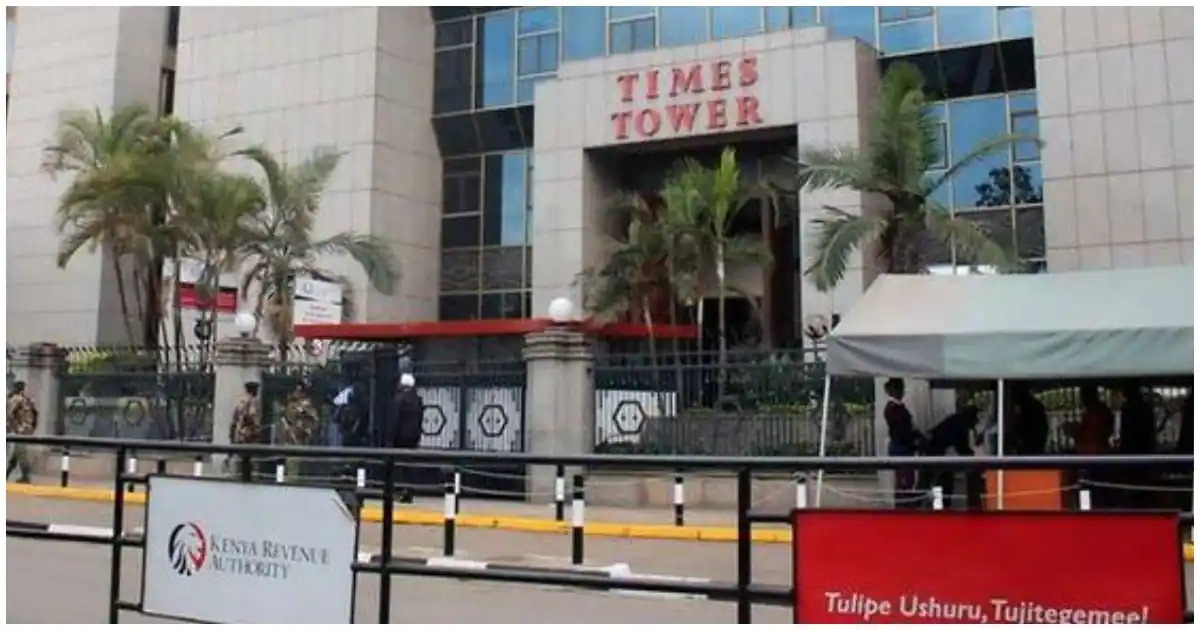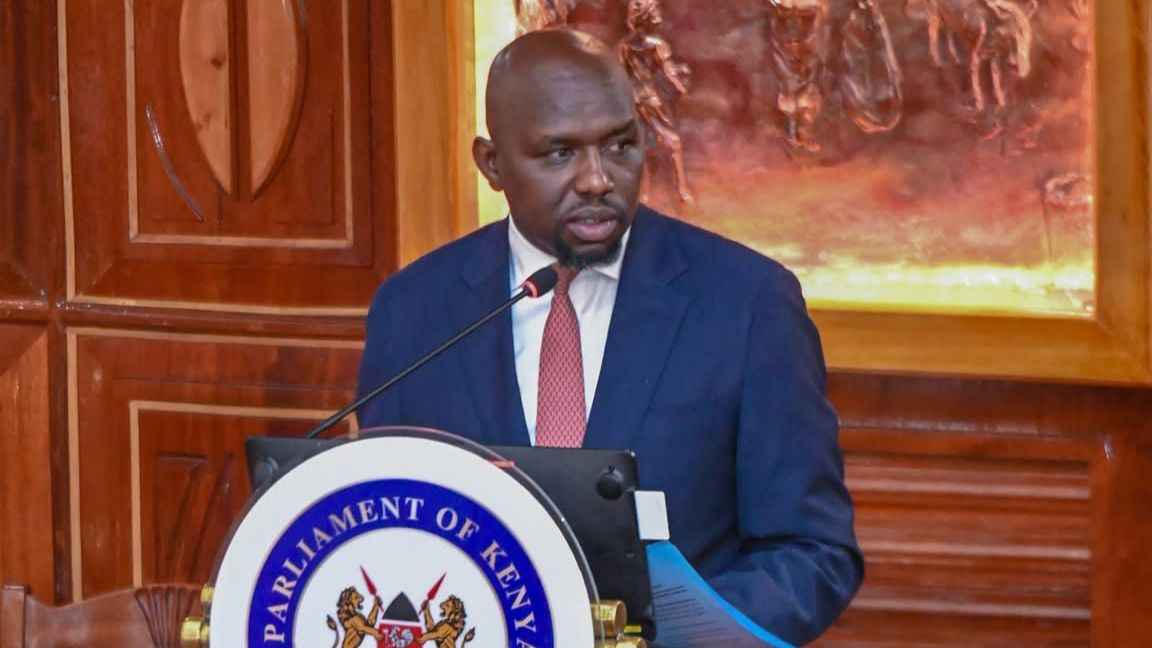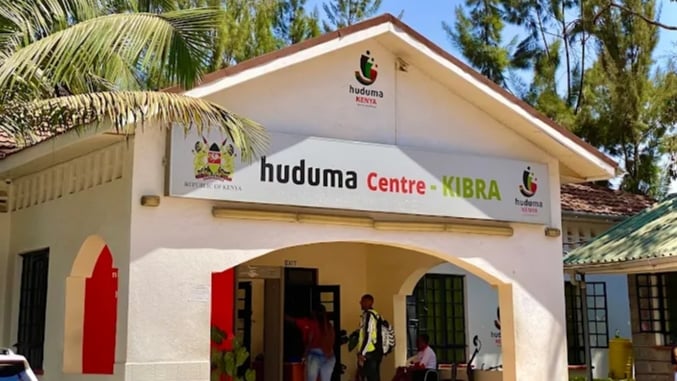The Kenya Revenue Authority (KRA) has announced a temporary disruption of its iTax system due to scheduled maintenance.
In a notice on Friday, the authority noted that the maintenance exercise will commence on Saturday, October 25, 2025, at 8:00 PM and end on Sunday, October 26, 2025, at 12:00 AM.
According to KRA, the maintenance will last four hours, during which the iTax platform will be completely unavailable to all users.
"Kenya Revenue Authority informs all stakeholders that there will be a scheduled maintenance of iTax as follows: START: Saturday 25th October, 2025 - 8:00PM; END: Sunday 26th October, 2025 - 12:00AM. DURATION: 4hours. Affected system: iTax. Affected users: All iTax users," the notice read.
The authority stated that iTax will be inaccessible during this period, potentially affecting various tax-related services, such as filing returns, making payments, and accessing tax compliance certificates.
Read More
KRA expressed regret for any inconvenience the maintenance exercise may cause taxpayers and other stakeholders who rely on the system for their tax obligations.
"Any inconvenience caused is highly regretted," the authority stated in the notice.
This maintenance comes at a time when KRA has been recording impressive revenue collection figures.
In September 2025, the authority achieved a historic milestone by collecting Ksh85.146 billion in customs taxes, the highest single-month collection in its history.

The September collection surpassed the previous record of Ksh82.554 billion that was set in January 2025, exceeding the monthly target by Ksh3.806 billion.
The taxman attributed the record performance to robust collections from both trade and petroleum taxes, marking an impressive year-on-year growth of 18.8% compared to the same period in the previous financial year.
“This success is attributed to a series of reforms aimed at enhancing revenue collection efficiency. Notably, the establishment of a central release operations office has played a pivotal role. Under this innovative system, head verification officers operate from a central location and randomly allocate release stations to verify and clear goods,” KRA noted.






